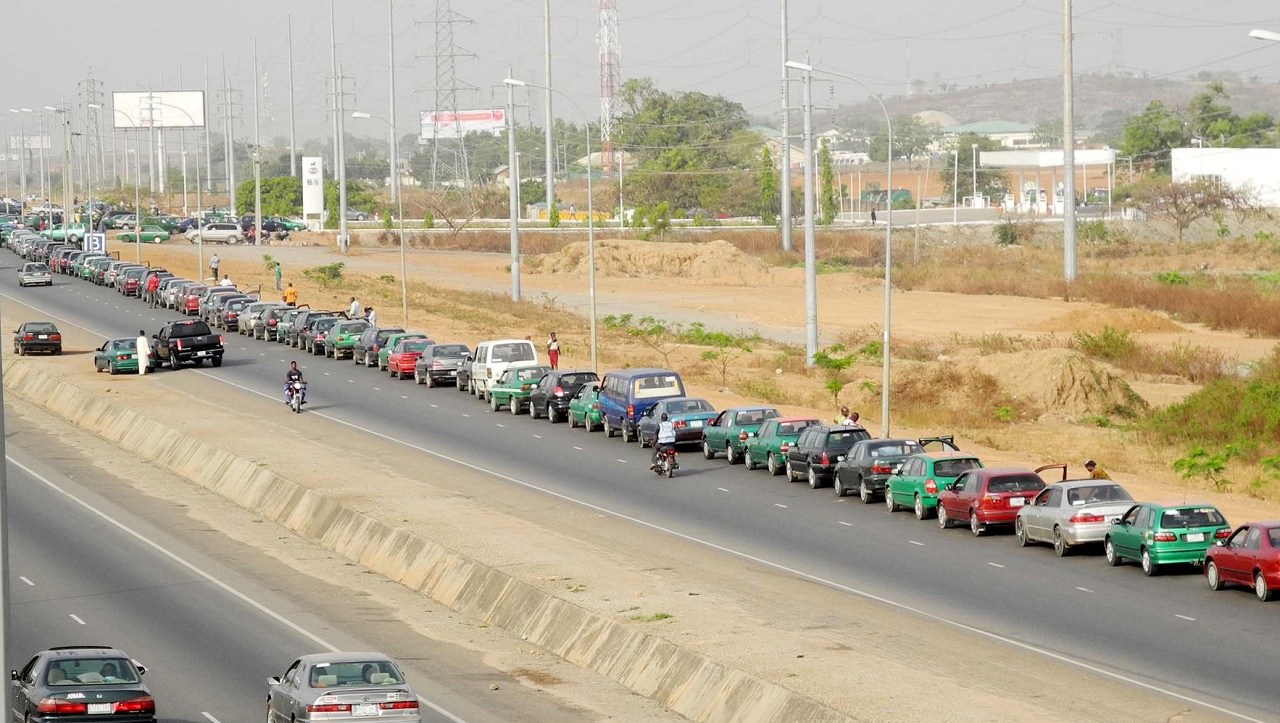To effectively remove the country’s source of petroleum products from being import-dependent, the Federal Government is to expand the domestic refining capacity to meet local fuel consumption demand.
At the moment, the supply of petroleum product to meet the average 60 million litres national consumption level is dependent on importation by the Nigerian National Petroleum Company Limited (NNPCL) because the country’s four refineries are not supplying petroleum products.
To ensure the country’s source of supply of petroleum products does not continue to be dependent on importation, resulting in the accumulation of fuel subsidy costs, the Federal Government has unveiled and agenda to grow the country’s domestic refining capacity to meet local fuel demand.
Apart stepping up efforts to conclude the rehabilitation and revamp of the four refineries in Port Harcourt, Warri and Kaduna, the NNPC is to open and operate in the coming weeks at least two of the ten condensate refineries planned for the Niger Delta region and other locations in the country.
Also, new licenses have been approved for the construction of 43 modular and large-size refineries by private sector investors to undertake the refining of petroleum products across the country.
The Technical Adviser to the Petroleum Minister on Refineries and Downstream Infrastructure, Rabiu Suleiman, the new refineries scheduled to come on stream in the next coming weeks, two of the refineries would be inaugurated in the Niger Delta region.
He said about 250,000 barrels of crude oil have been allocated to Petrolex Limited, and another 100,000 barrels to another company in Port Harcourt, Rivers State for refining.
Out of the 43 licensed refineries, 10 have been issued authority to start construction after certification by the defunct Department of Petroleum Resources ( DPR) prior to being transformed into the current Nigerian Upstream Petroleum Regulatory Commission (NUPRC).
Two of the refineries located in Port Harcourt in Rivers and Kwale in Delta States, with capacities to refine about 10,000 barrels and 7,000 barrels of crude oil, are said to be close to being commissioned soon.
Other refineries are proposed for Lagos, Imo, and Nasarawa states.
Suleiman said when all the refineries being planned for the country become functional, the country would have more than sufficient supply of petroleum products to meet local demand and export.
Although the country is among the world’s leading producers of crude oil and gas, Suleiman said the government was concerned that the country was still depending on importation of petroleum products to meet local needs.
“This development has caused untold hardship, unemployment, budget deficits, economic challenges, and poverty, as the federal government could not afford to pay for an average of 65 million litre of petrol consumed daily in the country,” Suleiman said.
With the upcoming refineries, in addition to the Dangote Refinery scheduled to commence refining of petroleum products in July or August this year, Suleiman said the country would soon become self-sufficient in the supply of petroleum products.



